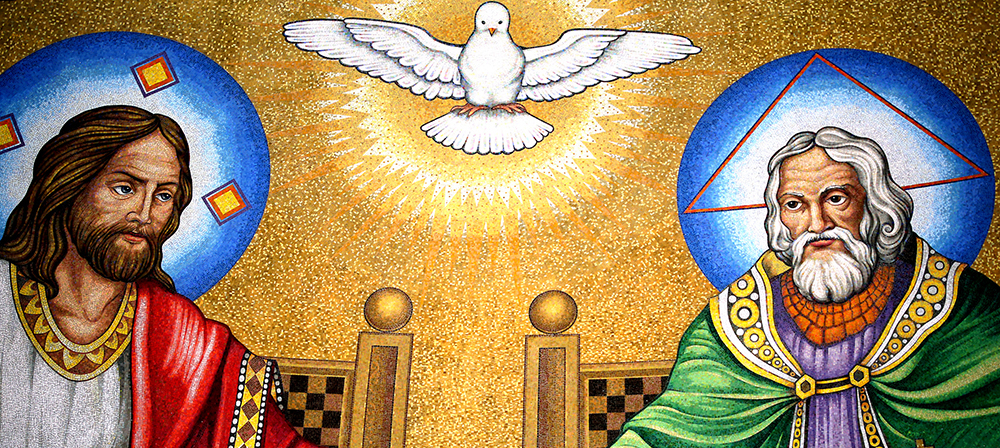If we were to ask the average person what it means to be a person, they would struggle to give an answer. It’s something we intuitively know, but struggle to define. Perhaps we will simply exclaim that to be a person is to be my “self.” It’s a possibility that adjectives about reason or free will may be thrown into the mix. Generally, though, it is often difficult for us to define.
The concept of personhood has developed over time and is rooted, not so much in philosophy, but rather in the debates around the Trinity in the early Church. It is here, in trying to explain how God can be both monotheistic, and yet also Father, Son and Holy Spirit, they developed the already existing word “person” — in Greek hypostasis — to equate to a particular relation within the Trinity. Thus Father, Son and Holy Spirit are unique “persons” because they are unique relations yet co-equal with the same substance.
For humanity, then, the idea of personhood, as well as our dignity as human beings, flows from our being rooted in being made in God’s image and likeness. As God is a relation between Father, Son, and Holy Spirit, man, made in that image and likeness of God, exists to be in relation with each other. To be in relation means you need a body to relate to others, a soul with the powers of intellect and will. But personhood is also the guarantee of uniqueness. By virtue of my body, my soul, my temperaments, etc., I am positioned to be truly unique in the world. Thus, personhood is a word to speak to this unrepeatable uniqueness, while humanity speaks more broadly to our nature. To be a human and to be a person are not the same thing, but you cannot have one without the other, either (Please note: this is an important distinction to always keep in mind about Jesus and the hypostatic union).
To be in relation
The Catechism of the Catholic Church, in fact, will go on to emphasize this idea that to be a person is to be in relation. It emphasizes that man isolated and alone is incomplete, that man and woman are created to be a communion of persons. This communion is only possible because a person is endowed with a body to give, a will that chooses the other and a reason that apprehends and knows the other. Thus, to be a person means we are made to give ourselves to and for another. The Catechism talks about this in regard to her social teaching as well: man is by nature a social animal, and therefore persons need to live in a society (No. 1879). Society is not something extraneous to man but is a core expression of who he is as a person. Only in relationship with other persons is the individual able to fully realize their potential.
Mutual gift
This mutual gift of persons — whether on the larger level of society or in the specific vocation a person receives — is rooted in the Trinity itself. There we see the eternal exchange of love, a totally giving for the other between all three Persons. This exchange of love is revealed in Christ on the Cross, where Christ, in giving himself over to death, is also revealing the inner heart of Trinitarian life. By seeing this love on the cross, we see the heart of God, and thereby see the very life we are created for, because it is in that image that we are created. If God is this eternal exchange of love between Father, Son and Holy Spirit, then it follows that man is most a person when he gives himself. This is known as the Law of the Gift, and it was formulated by John Paul II, especially when, as cardinal, he gave us one of the most beautiful passages of the Second Vatican Council: “Indeed, the Lord Jesus, when He prayed to the Father, ‘that all may be one … as we are one’ (Jn 17:21-22) opened up vistas closed to human reason, for He implied a certain likeness between the union of the divine Persons, and the unity of God’s sons in truth and charity. This likeness reveals that man, who is the only creature on earth which God willed for itself, cannot fully find himself except through a sincere gift of himself” (Gaudium et Spes, No. 24).
Father Harrison Ayre is a priest of the Diocese of Victoria, British Columbia. Follow him on Twitter at @FrHarrison. Read more from his Theological Anthropology 101 series here.

